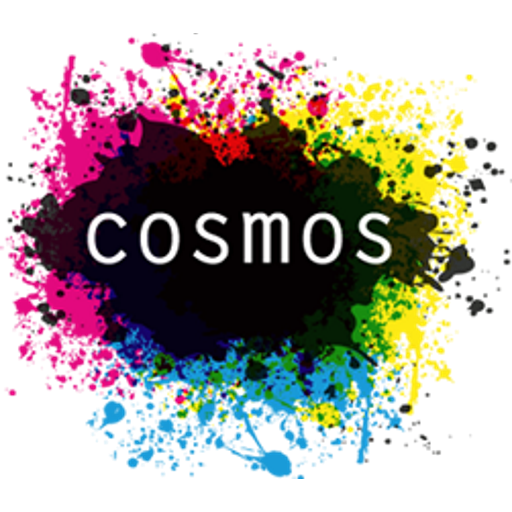This talk brings together the scholarship on social movements and theorizing on deliberative democracy to understand contemporary challenges of public deliberation.

Speaker : Markus Holdo (Uppsala Universitet). Discussant : Priska Daphi (Goethe Universitat)
In Habermas’ theory of the public sphere, social movements are the central actors: activists both perform the roles of critical-rational speakers that challenge the state, and the roles of defenders of this sphere of independence from the state. Yet, the scholarship on social movements and theorizing on deliberative democracy have remained separate, even as deliberation studies have become more empirically oriented. Young’s fictive dialogue between “the deliberative democrat” and “the activist” (2001) indicates that the two are divided on whether to embrace “contentious politics” or “consensus politics”. This paper instead will argue that deliberative democrats have been too ready to exclude contributions as “not deliberative enough”. In particular deliberative democrats should welcome both social movements and social movement theory as contributions to our understanding of contemporary challenges of public deliberation. At the same time, social movement researchers, in particular those seeking a deeper understanding of impacts that are discursive or cultural, would gain from considering some breakthroughs in deliberation studies in explaining deliberative uptake. These quite abstract points are illustrated with the case of the global movement to reduce CO2 emissions. By bringing these literatures together we can get a better understanding of the impacts of this movement on climate change discourse and a better grasp at how social movements can contribute to make the planet hospitable in the future.
The talk will take place at the EUI Seminar room (ground floor), Villa Pagliaiuola , Via delle Palazzine 17-19 on the 27th of May from 1:30 PM to 3:00 PM
Journal Article - 2025
Journal Article - 2023
Journal Article - 2023
Journal Article - 2023
Journal Article - 2023
Monograph - 2023
Monograph - 2022
Monograph - 2022
Journal Article - 2021
Journal Article - 2021